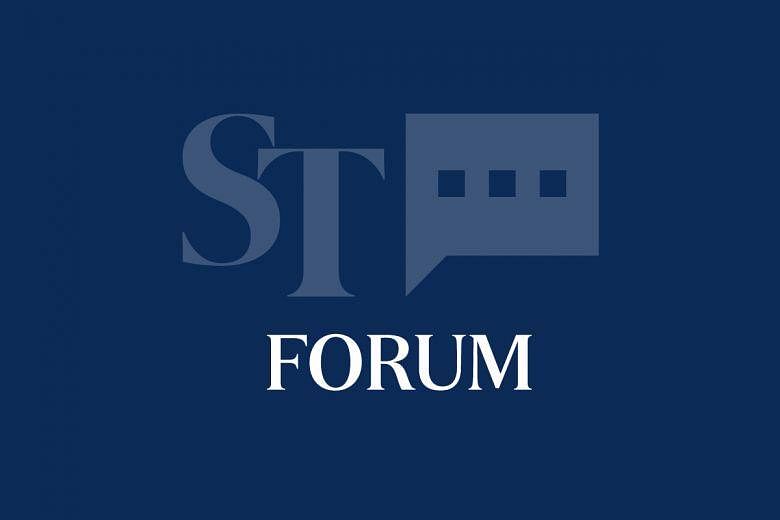Whistle-blowing in the medical field is mentioned only briefly in the Singapore Medical Council's publication Ethical Code and Ethical Guidelines (ECEG) in two short pointers (Whistle-blowers in medical fields, Feb 22).
The Handbook On Medical Ethics elaborated slightly on these, both publications being last amended in 2016.
However, whistle-blowing in the medical field does not have the extensive rigours of corporate whistle-blowing although harm, imminent harm or even death can be the eventual outcome.
For example, under the Prevention of Corruption Act and the Workplace Safety and Health Act, whistle-blowers are accorded confidentiality even in court proceedings, especially so if the report is made in good faith, without malice and sometimes without satisfying all evidential criteria.
With reports on offences relating to the Income Tax Act, whistle-blowers are even given a small reward for the monetary sum recovered, if any.
Hard-coding the rules of whistle-blowing and malfeasance into the medical ethical code will create more awareness of rights and responsibilities.
This can be seen with the Singapore Exchange Regulation (SGX RegCo) hard-coding corporate malfeasance in its Listing Rules.
At the back of the mind of whistle-blowers in the medical field is whether they can in turn be sued for defamation by the party complained of should further investigation prove the charges otherwise.
Perhaps the forthcoming Healthcare Services Act 2020 (which repeals the older
Private Hospitals and Medical Clinics Act) will address some of these issues.
Lim Ee Koon (Dr)

